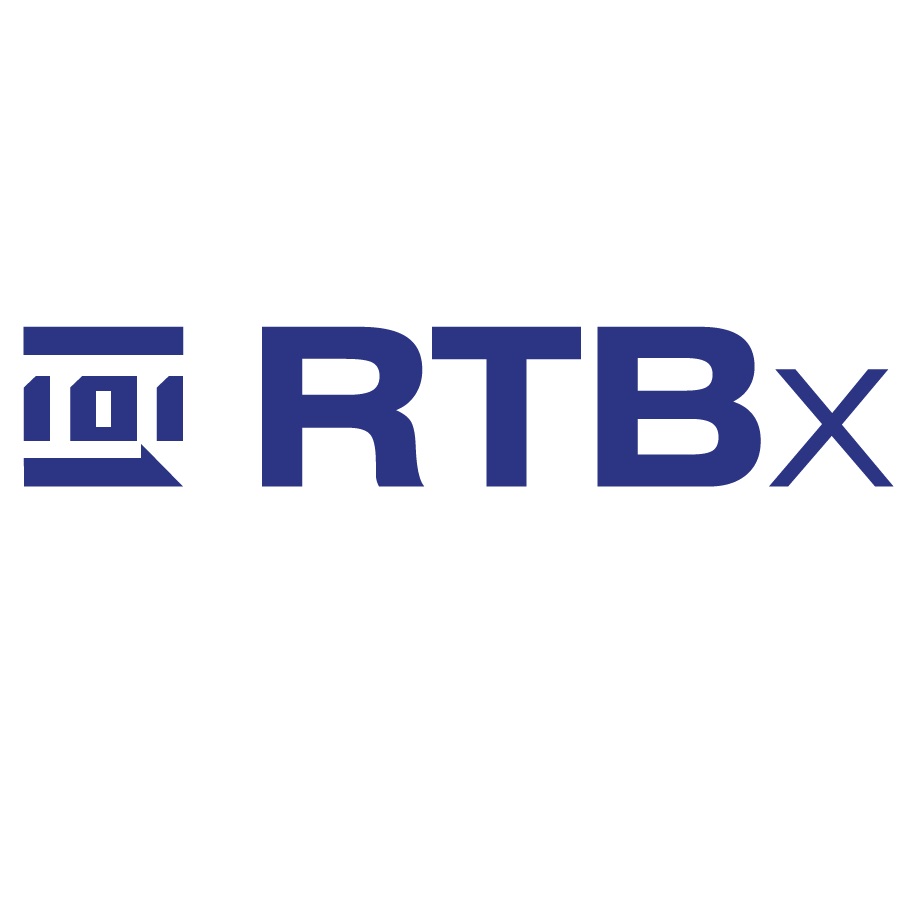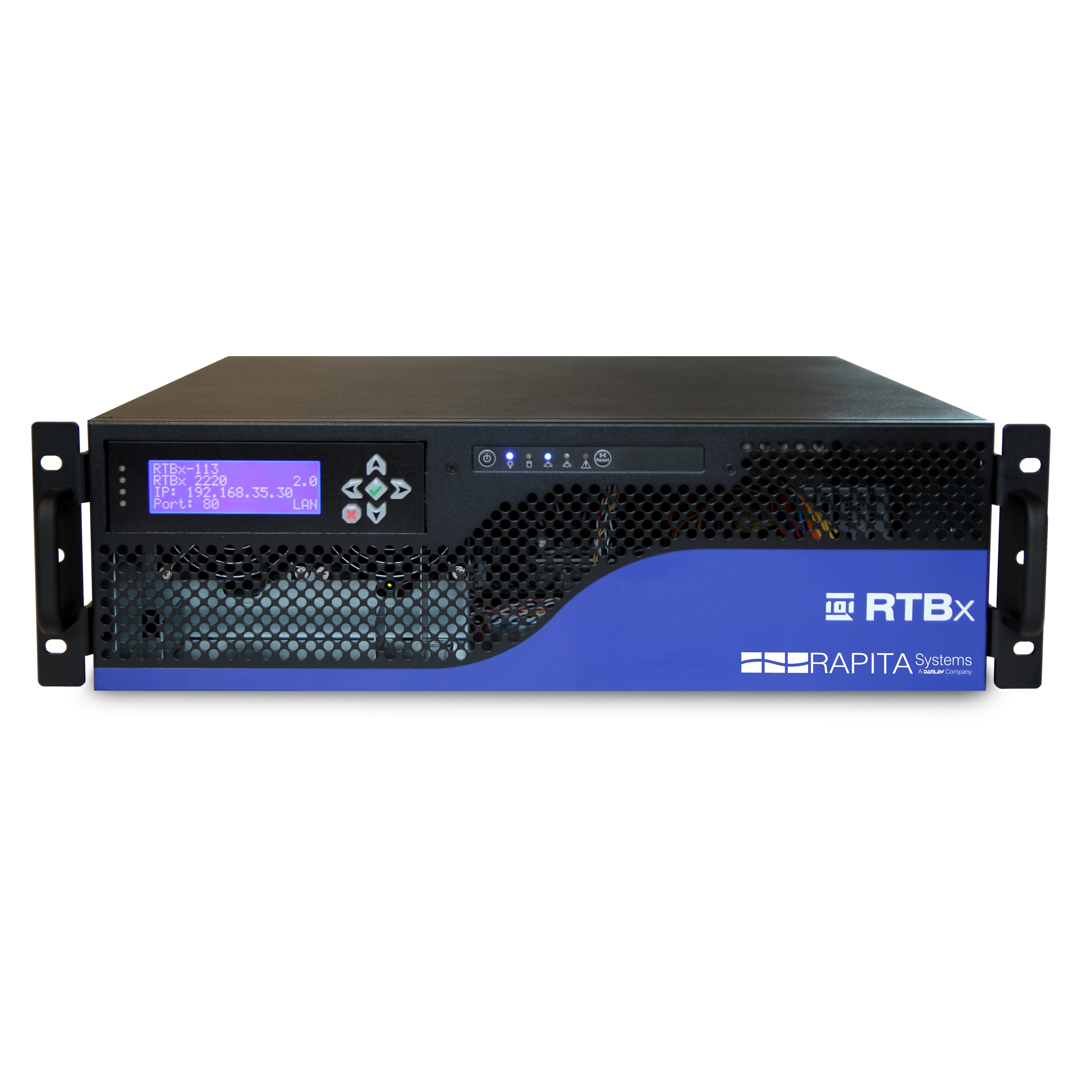RTBx
The ultimate data logging solution
The RTBx data logger provides a cost-effective, easy-to-use solution for collecting long streams of verification data from tests run on embedded targets. RTBx is target-independent, supporting a wide variety of target architectures.
The RTBx can be used to analyse your software for timing and scheduling behaviour and code coverage, for example by using tools from the Rapita Verification Suite (RVS).
RTBx connects to output ports (LVDS or TTL) on the target hardware and collects timestamped data while an application runs. As instrumentation point (ipoint) identifiers are sent to the output port, RTBx timestamps and records them, producing a trace of ipoint/timestamp pairs.
RTBx has been designed to provide a tracing solution for the most complex challenges faced while collecting trace data from embedded systems, while still being easy to use.
By using RTBx users can:
- Integrate data collection into a testing environment with minimal effort.
RTBx is simple to set up and can be managed remotely from any web browser. Once configured, it can be run automatically in a continuous build environment.
- Collect trace data from long and large test runs.
The high data capacity and tracing rate of RTBx means you can use it around your existing test environment, rather than having to adapt your tests to fit the hardware.
- RTBx offers target-independent data collection.
A single piece of hardware can be used across multiple projects and targets.
- Minimise target overheads.
RTBx collects data from targets using as few as a single processor instruction, allowing users to minimise execution time overheads on their target.
- Use a complete tracing solution.
The RTBx provides everything needed to manage trace data; flexible strategies to collect data, and filtering and compression while it is collected.
| Specification | RTBx 2220 | RTBx 2320* | RTBx 2240* | RTBx 2340* |
|---|---|---|---|---|
| Signal input | Up to 32 bit | Up to 64 bit | ||
| Maximum sustained tracing rate (million ipoints/second) | 250 | 720 | 250 | 720 |
| Minimum ipoint separation | 4 ns | 2 ns | 4 ns | 2 ns |
| Sampling frequency | 250 MHz | 720 MHz | 250 MHz | 720 MHz |
| Storage capacity | 500GB** | |||
| Typical continuous tracing duration | Days | |||
| Electrical signal | LVDS/TTL*** | |||
*Currently under development; specification of the final model may change.
**Additional capacity available on request.
***Using an adapter.
- Automatically collect trace data for timing and scheduling analysis, code coverage and system/unit level testing.
- Collect trace data on targets that have limited connectivity and require long test runs.
- Collect trace data on advanced processors including multi-core processors.
- Replace obsolete CodeTest probes




